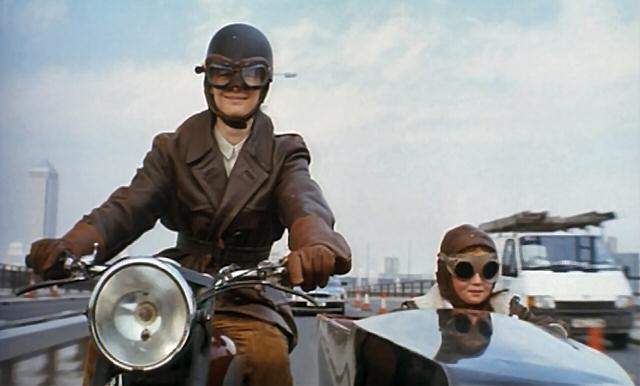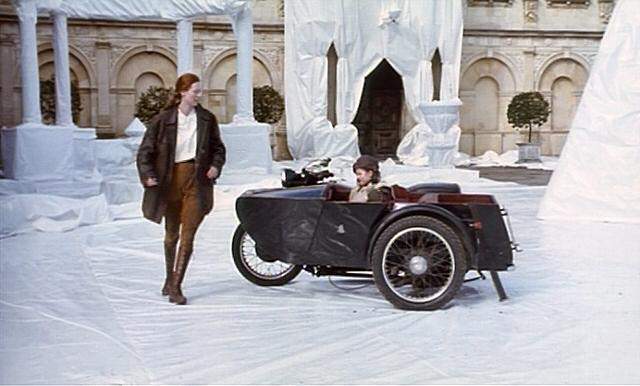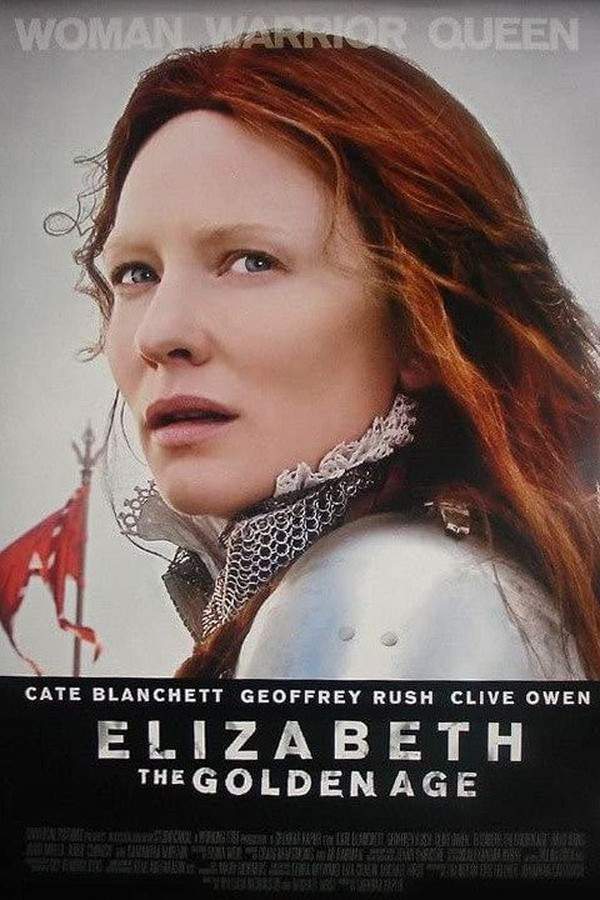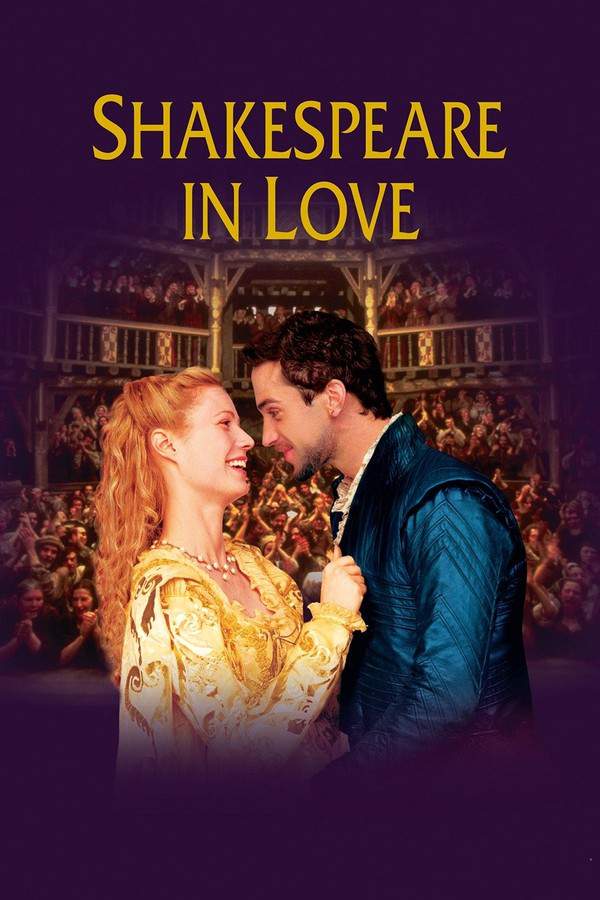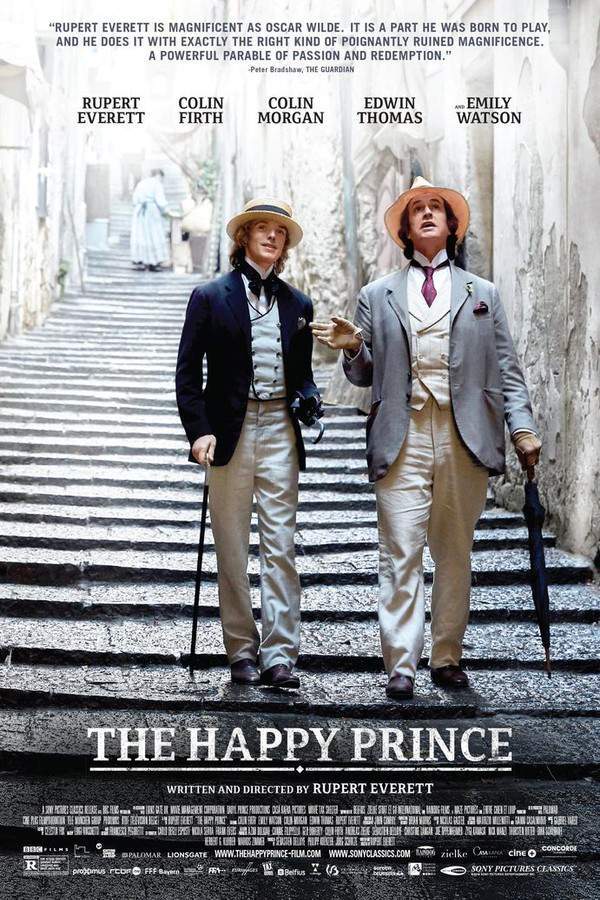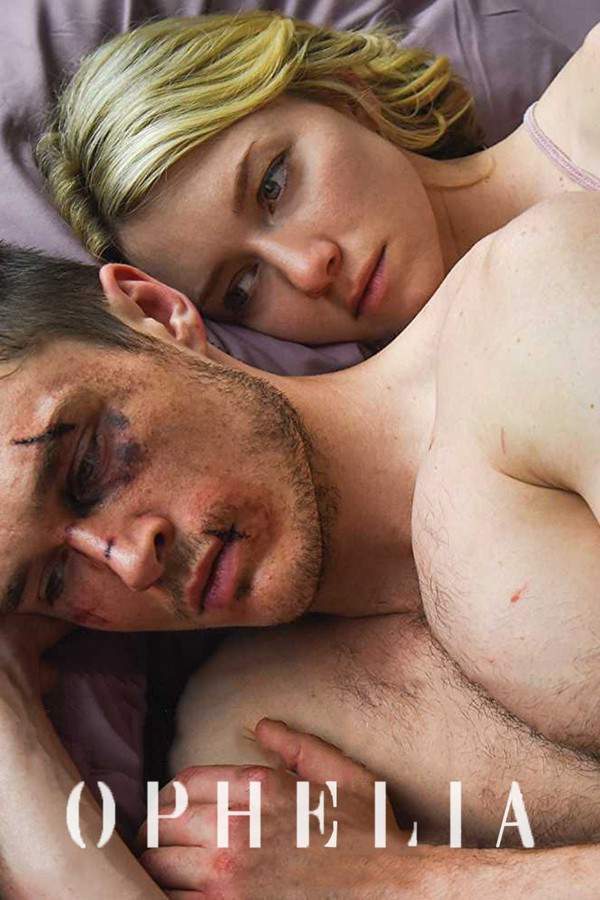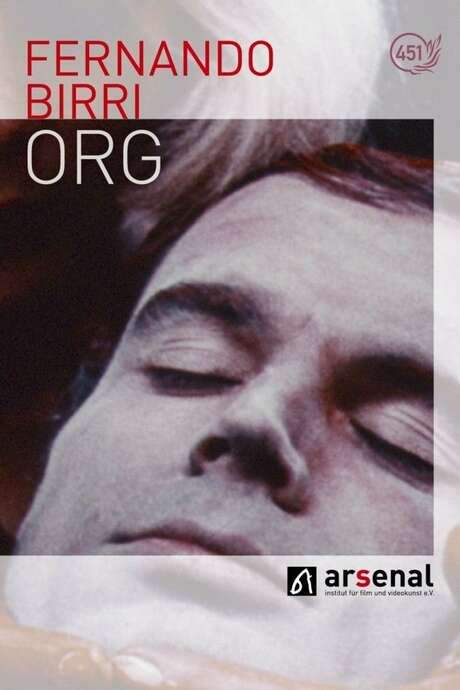Orlando 1993

Following a decree from Queen Elizabeth I, the nobleman Orlando is granted a magical gift: the ability to live for centuries and experience life from both male and female perspectives. The film chronicles his extraordinary journey across four hundred years, exploring themes of love, identity, and societal change. From the Elizabethan court to the vibrant salons of the 18th century and into the modern age, Orlando's experiences challenge conventional notions of gender and belonging as he searches for self-discovery and acceptance in a changing world.
Does Orlando have end credit scenes?
No!
Orlando does not have end credit scenes. You can leave when the credits roll.
Meet the Full Cast and Actors of Orlando
Explore the complete cast of Orlando, including both lead and supporting actors. Learn who plays each character, discover their past roles and achievements, and find out what makes this ensemble cast stand out in the world of film and television.
External Links and Streaming Options
Discover where to watch Orlando online, including streaming platforms, rental options, and official sources. Compare reviews, ratings, and in-depth movie information across sites like IMDb, TMDb, Wikipedia or Rotten Tomatoes.
Ratings and Reviews for Orlando
See how Orlando is rated across major platforms like IMDb, Metacritic, and TMDb. Compare audience scores and critic reviews to understand where Orlando stands among top-rated movies in its genre.

75
Metascore
7.2
User Score


84%
TOMATOMETER

82%
User Score

7.1 /10
IMDb Rating

69
%
User Score
Take the Ultimate Orlando Movie Quiz
Challenge your knowledge of Orlando with this fun and interactive movie quiz. Test yourself on key plot points, iconic characters, hidden details, and memorable moments to see how well you really know the film.
Orlando Movie Quiz: Test your knowledge on the enchanting journey of Orlando through time and identity in this 1993 film.
Who bestows the grand inheritance upon Orlando?
Queen Anne
Queen Elizabeth I
Earl of Moray
Archduke Harry
Show hint
Awards & Nominations for Orlando
Discover all the awards and nominations received by Orlando, from Oscars to film festival honors. Learn how Orlando and its cast and crew have been recognized by critics and the industry alike.
66th Academy Awards 1994
Art Direction
Costume Design
47th British Academy Film Awards 1994
Best Costume Design
Best Makeup and Hair
9th Independent Spirit Awards 1994
Best International Film
Full Plot Summary and Ending Explained for Orlando
Read the complete plot summary of Orlando, including all major events, twists, and the full ending explained in detail. Explore key characters, themes, hidden meanings, and everything you need to understand the story from beginning to end.
The tale unfolds in the Elizabethan era, specifically in 1600 AD, just before the passing of Queen Elizabeth I (Quentin Crisp) in 1603. On her deathbed, the queen grants an androgynous young nobleman named Orlando (Tilda Swinton) a substantial tract of land and a castle, along with a generous monetary gift. However, this is contingent upon an unusual command: “Do not fade. Do not wither. Do not grow old.” Queen Elizabeth cherished Orlando as the son of her later years, regarding him with fondness.
Following Elizabeth’s death, Orlando finds himself captivated by Sasha ([Charlotte Valandrey]), the daughter of a Russian diplomat, in 1610, while he is engaged to an English noblewoman. The Earl of Moray ([Simon Russell Beale]) cautions Orlando about the potential fallout from this liaison. Despite the warning, Orlando chooses love over duty, thus ending his engagement. However, his joy is shattered when he sees Sasha sharing a kiss with a Russian sailor. Although Sasha insists it was merely a misunderstanding, Orlando is heartbroken when she decides to leave once the ice melts.
By 1650, Orlando decides to retreat into solitude in the castle, sleeping for an entire week and spending centuries immersed in poetry and art. He seeks validation for his work from prominent poets like Nick Greene ([Heathcote Williams]), who scorns his efforts. Despite trying to cultivate a friendship, Orlando learns a harsh lesson about the art world and sends Greene away after realizing the disdain hidden behind Greene’s mirth.
In 1700, Orlando embarks on a new chapter as the English ambassador to the Ottoman Empire, where he forms a close bond with The Khan ([Lothaire Bluteau]), the emperor, over shared meals and camaraderie. However, the arrival of Archduke Harry ([John Wood]) marks both promotion and turmoil. Amid escalating tensions and the threat of war, Orlando is thrust into battle, where the brutality of conflict leaves a deep impression on him.
After a week of unconsciousness following the war, Orlando awakens to a shocking revelation: he has transformed into a woman. Now identified as Lady Orlando, she returns to her estate in 1750, dressed in Middle Eastern garb, only to discover looming lawsuits claiming her inheritance on the basis that she is a woman and thus ineligible. Although Archduke Harry offers marriage for respectability, Orlando rebuffs him, leading to indignation.
Orlando’s journey continues as she embraces her passion for poetry, crossing paths with influential writers like Swift ([Roger Hammond]) and Pope ([Peter Eyre]). She recognizes that while they draw inspiration from women, their opinions reflect a profound disrespect for the female experience, regarding women without male guardianship as “lost.”
Over the ensuing centuries, Orlando’s heart finds new love in an American adventurer named Shelmerdine ([Billy Zane]). She believes she has finally met her soulmate, yet political demands complicate her life as the British crown declares her a female who must produce an heir to retain her estate. Torn between love and obligation, Orlando chooses to remain, refusing Shelmerdine’s invitation to the land of liberty and freedom.
Ultimately, the journey of love, loss, marriages, and the weight of history unfolds, leading into the early 1990s, where Orlando, now a mother, is in search of a publisher for her work. A literary editor, played by Heathcote Williams, acknowledges her efforts as “quite good,” marking a significant moment in her literary pursuit. Reflecting on her extraordinary life, Orlando, now relaxing with her daughter, simply points out an angel in the sky, embodying the surreal beauty of her existence.
Uncover the Details: Timeline, Characters, Themes, and Beyond!

Coming soon on iOS and Android
The Plot Explained Mobile App
From blockbusters to hidden gems — dive into movie stories anytime, anywhere. Save your favorites, discover plots faster, and never miss a twist again.
Sign up to be the first to know when we launch. Your email stays private — always.
Watch Trailers, Clips & Behind-the-Scenes for Orlando
Watch official trailers, exclusive clips, cast interviews, and behind-the-scenes footage from Orlando. Dive deeper into the making of the film, its standout moments, and key production insights.
Cars Featured in Orlando
Explore all cars featured in Orlando, including their makes, models, scenes they appear in, and their significance to the plot. A must-read for car enthusiasts and movie buffs alike.
Orlando Themes and Keywords
Discover the central themes, ideas, and keywords that define the movie’s story, tone, and message. Analyze the film’s deeper meanings, genre influences, and recurring concepts.
Orlando Other Names and Titles
Explore the various alternative titles, translations, and other names used for Orlando across different regions and languages. Understand how the film is marketed and recognized worldwide.
Similar Movies To Orlando You Should Know About
Browse a curated list of movies similar in genre, tone, characters, or story structure. Discover new titles like the one you're watching, perfect for fans of related plots, vibes, or cinematic styles.
Quick Links: Summary, Cast, Ratings, More

What's After the Movie?
Not sure whether to stay after the credits? Find out!
Explore Our Movie Platform
New Movie Releases (2026)
Famous Movie Actors
Top Film Production Studios
Movie Plot Summaries & Endings
Major Movie Awards & Winners
Best Concert Films & Music Documentaries
Movie Collections and Curated Lists
© 2026 What's After the Movie. All rights reserved.














